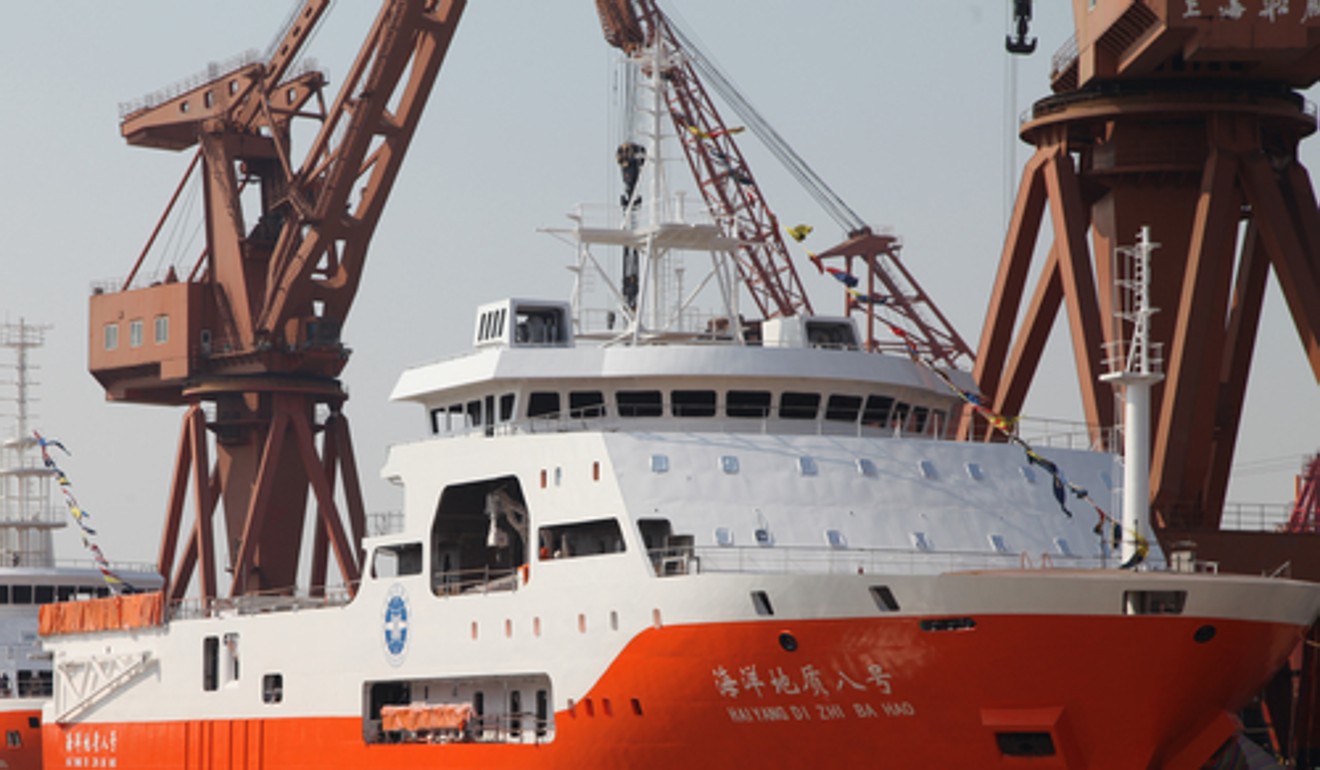
South China Sea: Vietnam hopes Beijing ‘will show restraint’ in 2020 after year of tension
- Earlier this year, a Chinese oil survey vessel and its escorts spent months within Vietnam’s exclusive economic zone
- ’What China did is very alarming and also kind of threatening not only Vietnam but also other countries,’ Vietnamese diplomat said
South China Sea: message for Beijing in Vietnam, Malaysia defence white papers
The Vietnamese minister said it wasn’t that other Asean countries supported China’s actions, but that they did not protest in the same way.
Trade worth more than US$3 trillion a year passes through the waterway, which also has oil and gas reserves and historic fishing grounds for the surrounding countries.
These activities “undermined the interests of nations concerned and threatened peace, stability, security, safety, and freedom of navigation and overflight in the region”, the document said.
Explained: South China Sea dispute
The stand-off was the first since 2014 when drilling by a Chinese vessel off Vietnam triggered boat rammings by both sides and anti-China riots in Vietnam. China subsequently withdrew the oil rig.
Like China, Vietnam has also built artificial islands in the maritime territories in recent years to stake its claim.

The concept of a code of conduct was first raised in the 1990s but it was not until 2013 that Beijing agreed to begin formal consultation on the code of conduct. It took almost four years for senior officials from China and the Asean nations to agree on a framework.
China’s new ambassador to Philippines begins job amid strained ties
For Asean, finding agreement between all its 10 members remains a challenge, particularly as Beijing, increasingly assertive on maritime issues, is unlikely to make any concessions on its sovereignty claims.

